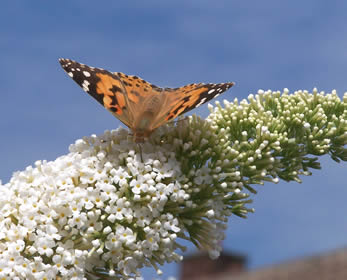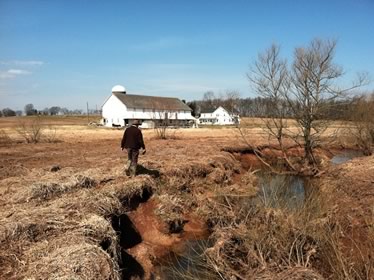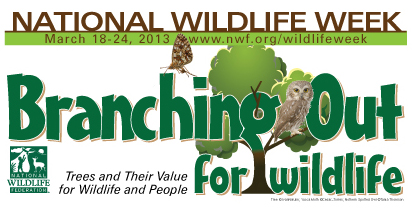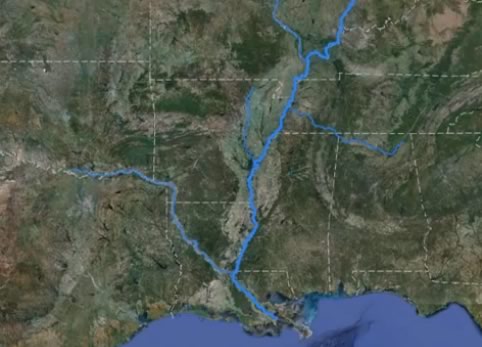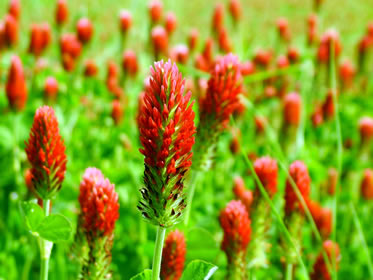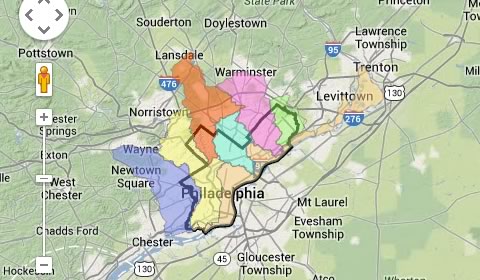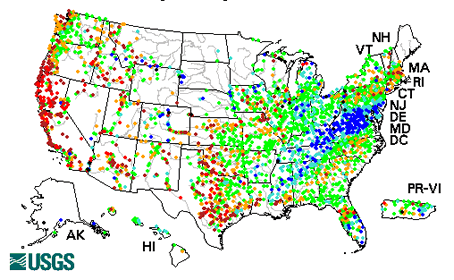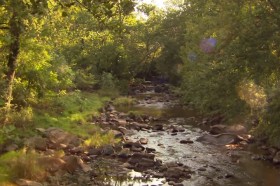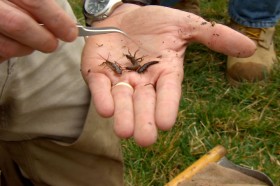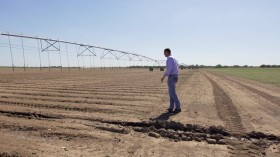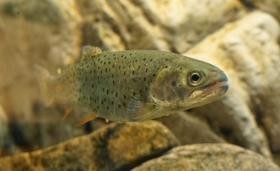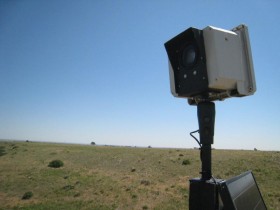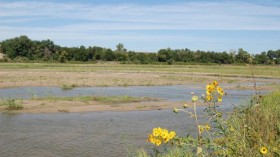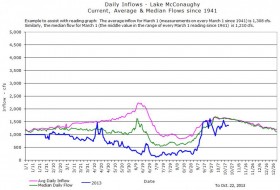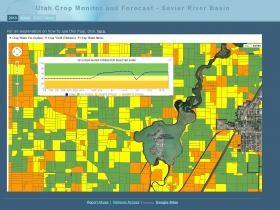Oyster Farming
Is New Hampshire's Oyster Farming Poised to Surge? Oyster farming requires no fertilizer, no feed, and filters the waters of estuaries in the process. New Hampshire's oyster farming industry could eventually help to restore the waters of the LIttle Bay to the point where they could once again support thriving populations of fish and other marine life...if it can scale up. Some growers are already finding that the projections for how many acres of the estuary could support oyster farms have been way overblown, and the ceiling of the industry in the Great Bay watershed might be much lower than was once hoped.
Produced by New Hampshire Public Radio
